What Auto Mechanics Recommend Before You Hit the Road
Highlights:
- Learn the most important car checks before a road trip
- Discover which parts and fluids should be inspected or replaced
- Find out how tire condition and battery health can make or break your travel plans
- Understand why experienced mechanics recommend routine maintenance for long drives
- Trust the insight of TLS Auto Specialist, a trusted name in Euless, TX auto care
Planning a road trip is exciting, but if your car isn’t ready for the journey, your vacation could turn into a roadside nightmare. Whether you’re heading across Texas or out of state, a safe and smooth trip starts with proper vehicle prep.
Before you pack the snacks and load the trunk, take a few minutes to understand what professional mechanics check before you hit the road. Preventive care now can save you time, money, and frustration down the line.
Why Pre-Trip Car Inspections Matter
Your vehicle is your lifeline on a road trip. From the engine to the tires, every component needs to be in good working order to avoid unexpected breakdowns. Unlike local driving, highway travel often involves longer distances at higher speeds, placing more stress on your car’s systems.
A simple inspection by a professional mechanic can identify worn parts, low fluid levels, or other warning signs. Catching these issues before you leave can prevent expensive repairs or even dangerous situations later on.
Engine Oil and Filter: Start With the Basics
One of the first things any mechanic will recommend is checking your oil level and quality. Clean oil helps your engine run efficiently and stay cool during long drives. If it’s been more than 3,000 to 5,000 miles since your last oil change (depending on your vehicle’s make and model), it’s time to schedule one.
Replacing the oil filter along with the oil helps remove old contaminants and gives your engine a fresh start. Dirty or low oil can lead to engine overheating, which is a quick way to end your trip early.
Did you know?
Nearly 20% of vehicles on the road have at least one tire that is significantly underinflated, increasing the risk of blowouts and reducing fuel efficiency.
Tire Condition and Pressure
Your tires are your only point of contact with the road, so they need to be in top shape. Mechanics check for tread depth, sidewall cracks, and uneven wear. Bald or damaged tires can reduce traction and increase the risk of blowouts, especially on hot pavement or wet roads.
You should also make sure your tires are properly inflated, including the spare. Incorrect tire pressure can affect gas mileage, handling, and safety. Your vehicle’s recommended PSI (pounds per square inch) is typically listed on a sticker inside the driver’s door.
Brake Functionality
Long drives often involve sudden stops, winding roads, or stop-and-go traffic. Your brakes need to respond quickly and smoothly under pressure. Before heading out, a mechanic will inspect your brake pads, rotors, and fluid levels.
If you’ve noticed squeaking, vibration, or a spongy brake pedal lately, don’t delay—get it checked. Braking problems not only affect safety, but they can also lead to more expensive repairs if left unchecked.
Battery Health
Car batteries can fail without much warning, especially in extreme temperatures. That’s why it’s wise to have your battery tested before a long trip. Most shops can check their voltage, charge capacity, and whether they’re holding a proper charge.
Corroded terminals or a battery that’s more than three years old may be a red flag. Replacing a weak battery before your trip is far better than finding yourself stranded at a gas station with no power. According to
AAA, battery-related issues were the leading cause of roadside assistance calls in 2022, accounting for over 1.8 million incidents—a clear reminder of how critical a healthy battery is before hitting the road.
Did you know? Driving with a dirty or clogged engine air filter can reduce fuel economy by as much as 10% and impact overall engine performance.
Belts and Hoses
Belts and hoses may not seem important until they break on the interstate. A visual inspection by a professional can catch cracks, fraying, or leaks before they lead to engine failure or overheating. Serpentine belts, timing belts, and coolant hoses are especially critical for keeping the engine and AC systems functioning. Replacing them is usually a simple fix if caught early.
Fluid Levels and Condition
There’s more to your car than oil. Mechanics also check other essential fluids, including:
- Coolant: Keeps the engine from overheating
- Brake fluid: Enables safe braking performance
- Transmission fluid: Ensures smooth gear shifting
- Power steering fluid: Maintains easy handling
- Windshield washer fluid: Keeps your view clear in any weather
Even if the levels are fine, dirty or degraded fluid can cause system strain. Flushing and refilling fluids is often part of a comprehensive pre-trip service.
Air Filters and Cabin Comfort
An often-overlooked item is your engine’s air filter. If it’s clogged, your engine has to work harder to get the airflow it needs, resulting in decreased performance and fuel economy. Your cabin air filter also affects comfort by filtering dust, pollen, and debris from the air inside the car. Replacing it can improve air quality and reduce strain on your AC system, which you’ll likely need on a summer road trip.
Lights, Wipers, and Visibility
Visibility matters—especially during rain, nighttime driving, or low-light conditions. Mechanics check that all headlights, brake lights, and turn signals are functioning properly. Wiper blades should be streak-free and flexible. If you can’t remember the last time you replaced them, it might be time for a new pair. Top off the washer fluid, too, to keep your windshield clean throughout the journey.
Emergency Kit and Spare Tire Check
Even if everything checks out, it’s smart to be prepared for the unexpected. Mechanics often suggest packing an emergency kit that includes jumper cables, a flashlight, a tire repair kit, and roadside flares or reflectors. Make sure your spare tire is inflated, and that the jack and lug wrench are present and functional. If your car has a tire inflator kit instead of a full-size spare, check that it hasn’t expired.
How far in advance should I get my car inspected before a road trip?
It’s best to schedule your inspection at least one week before your departure. This gives you enough time to address any issues without rushing repairs
Do I need to check my tires if they look fine?
Yes. Even if your tires appear okay, low pressure or uneven tread wear can cause major issues on long drives. A professional can spot problems that aren’t visible at a glance.
Can a mechanic help prevent a roadside breakdown?
Absolutely. A thorough inspection from a professional mechanic can identify worn parts, fluid issues, or battery problems before they cause you trouble on the road.
When to Schedule a Pre-Trip Inspection
Ideally, schedule your inspection at least a week before your trip. This gives you enough time to make any necessary repairs without rushing. Waiting until the last minute can lead to stress or unavailability for certain parts or services.
Working with an auto mechanic in Euless, TX, with experience can give you added confidence that nothing will be overlooked. Professionals know what to check based on your travel distance, weather conditions, and vehicle history.
Trust the Experts at TLS Auto Specialist
At TLS Auto Specialist, we take road trip readiness seriously. Our team is trained to spot issues before they cause trouble on the road. Whether you’re heading out for a weekend getaway or a cross-country adventure, we’ll make sure your vehicle is fully prepared. We provide comprehensive inspections that cover all major systems, from fluids and filters to tires and brakes. Our goal is simple: to keep you safe, confident, and on the move—no matter where the road leads.
If you’re planning a trip soon, don’t leave your vehicle’s health to chance. Schedule your pre-trip checkup with TLS Auto Specialist today and hit the road with peace of mind.
Final Thoughts
A road trip should be memorable for all the right reasons, not because of a mechanical failure or emergency stop. Taking the time to have your vehicle inspected and serviced before you leave can prevent major headaches and costly breakdowns. From oil changes to brake checks, every part of your car plays a role in your travel safety. Partnering with a trusted local shop like TLS Auto Specialist ensures your car is in top condition and ready for the miles ahead.
So before you set off on your next journey, make car prep part of your travel checklist. Your passengers—and your wallet—will thank you.
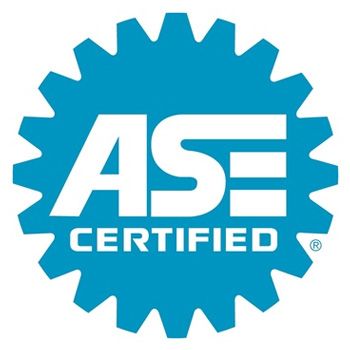

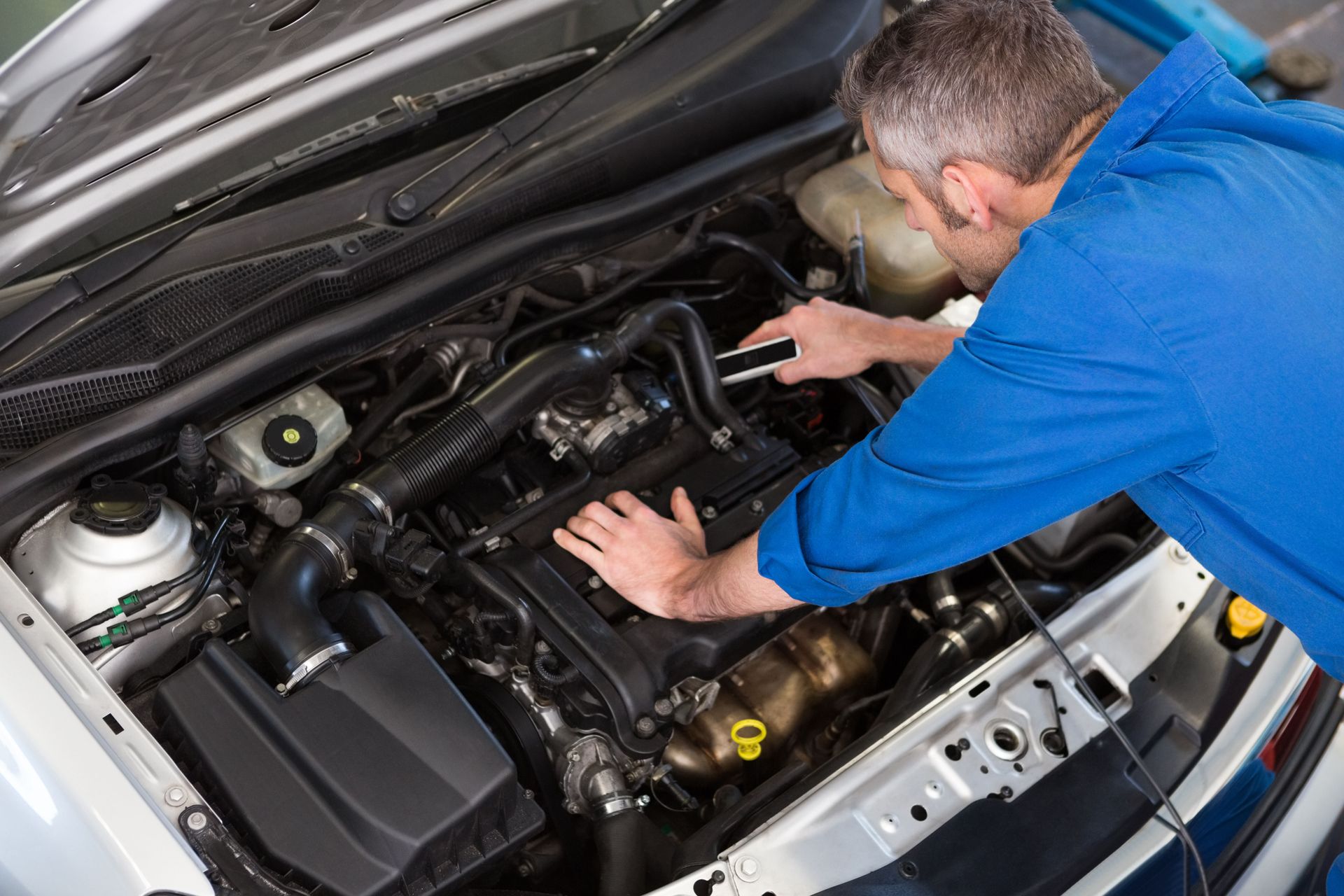
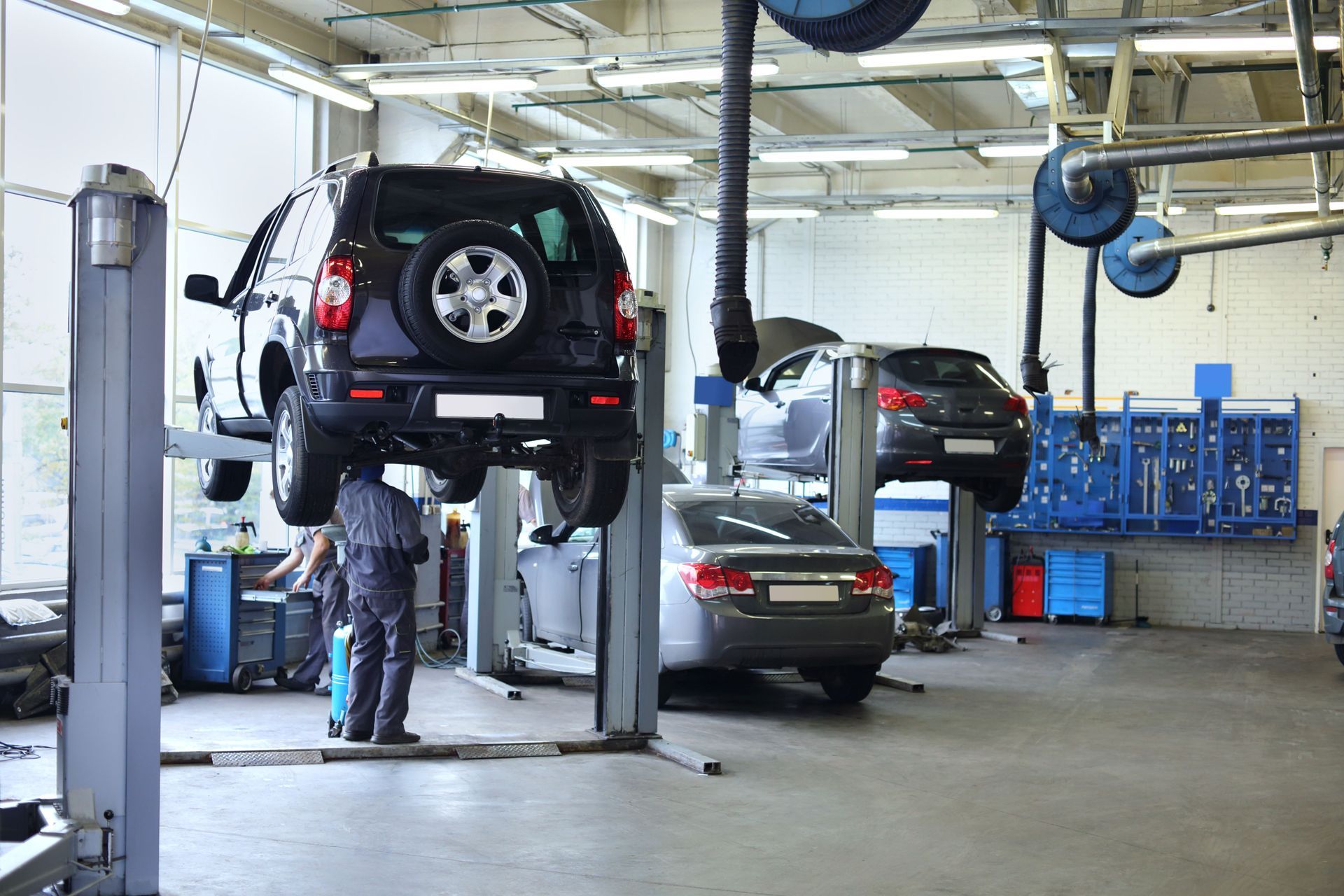
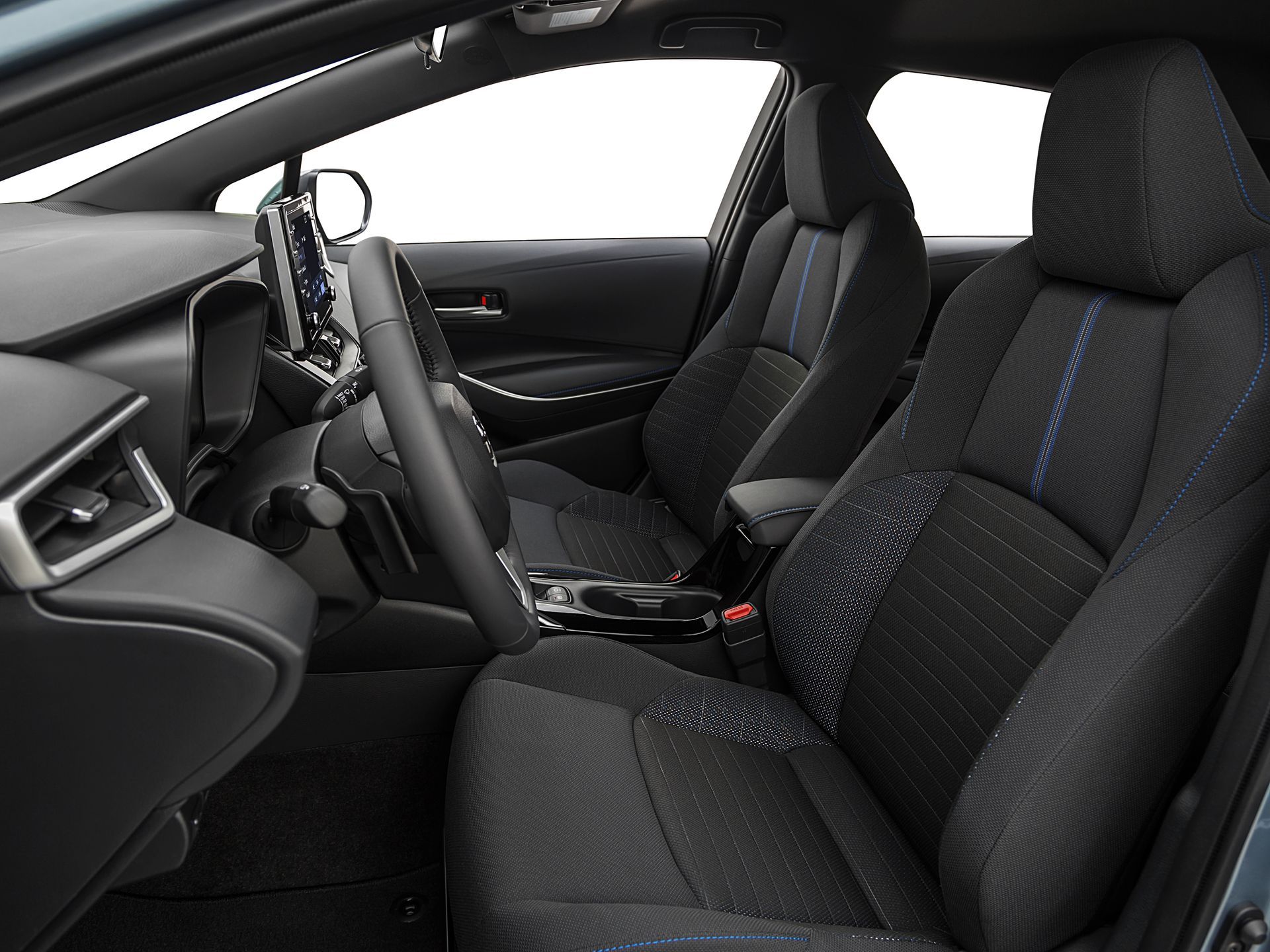
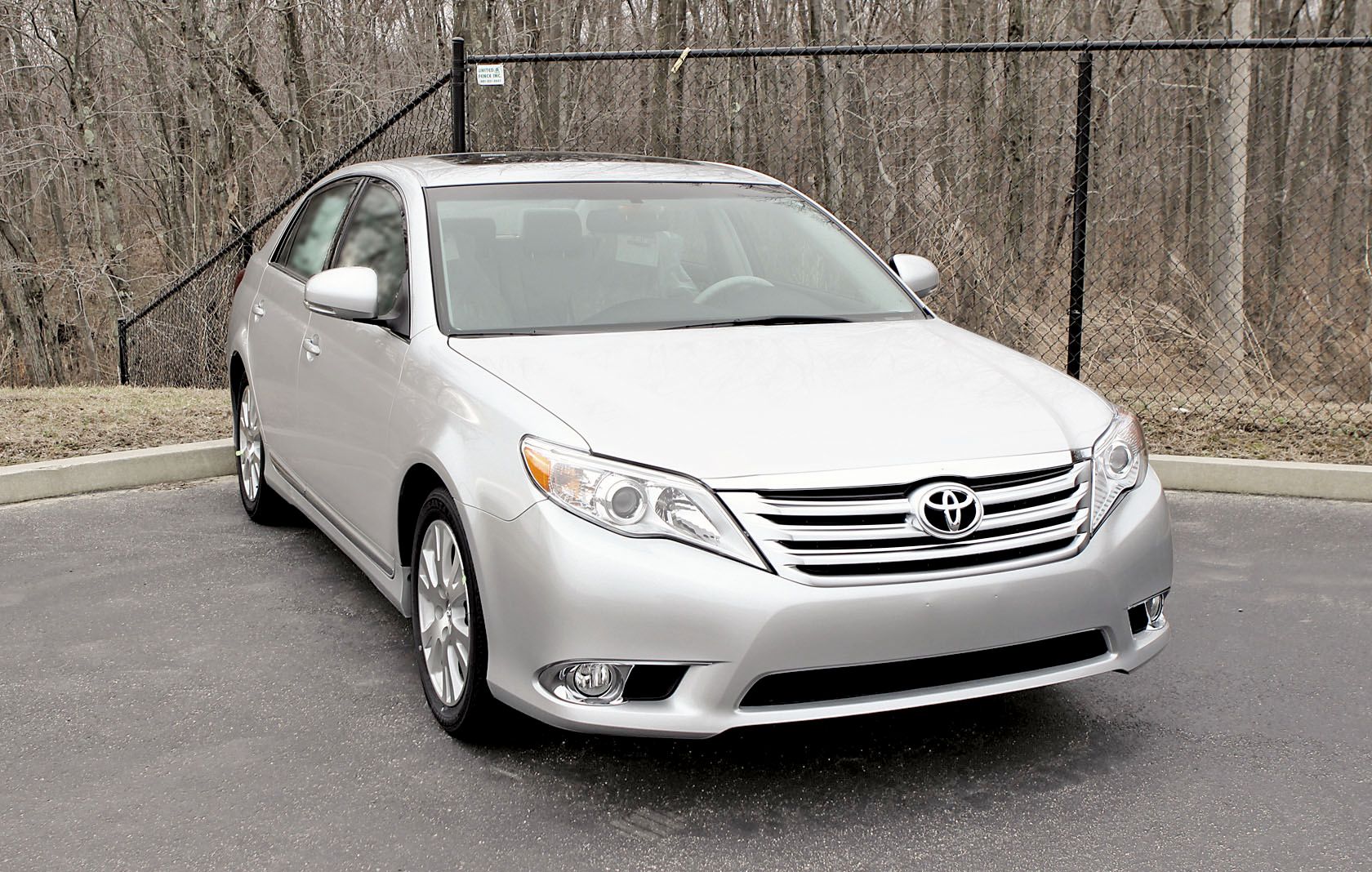
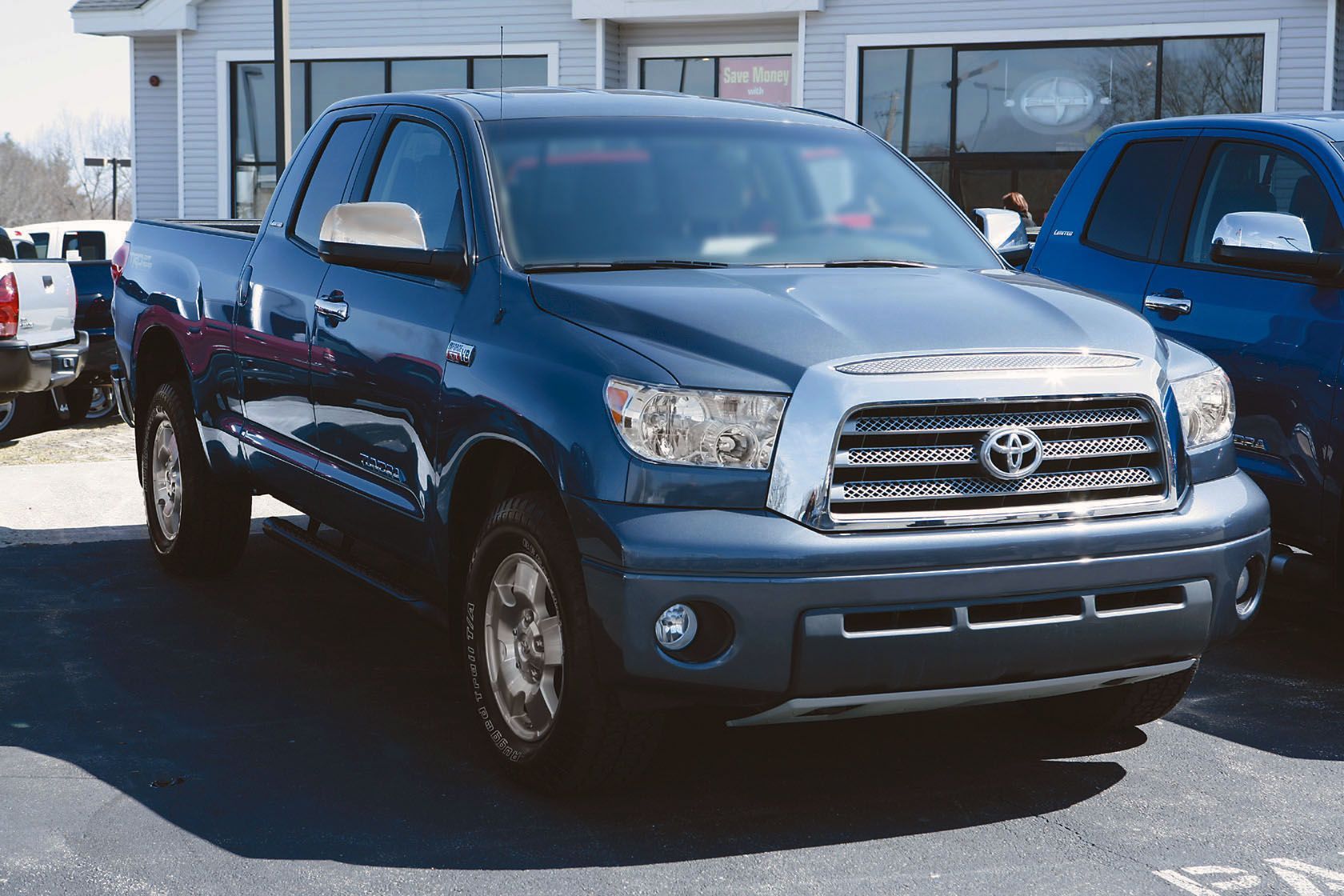

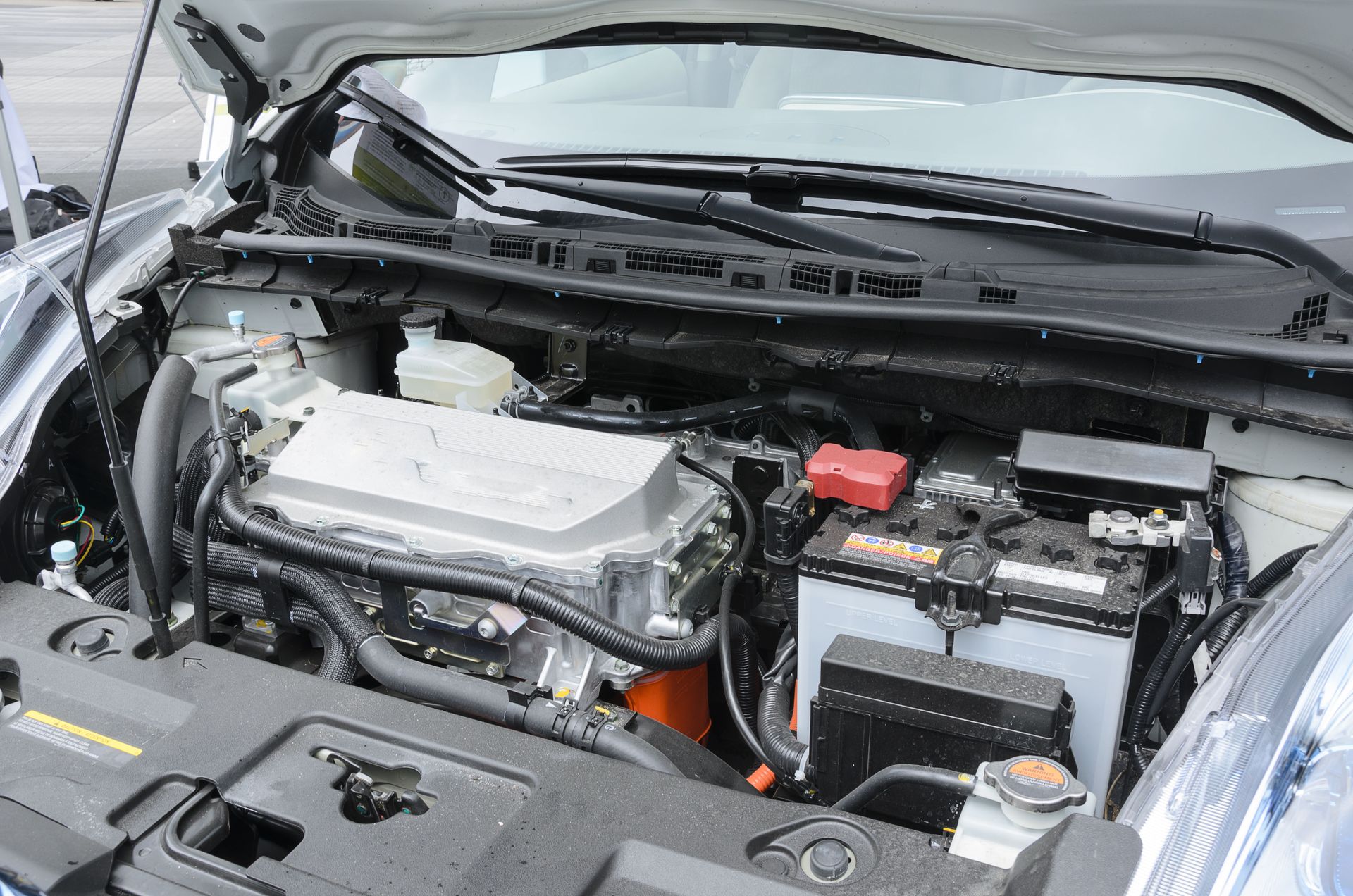
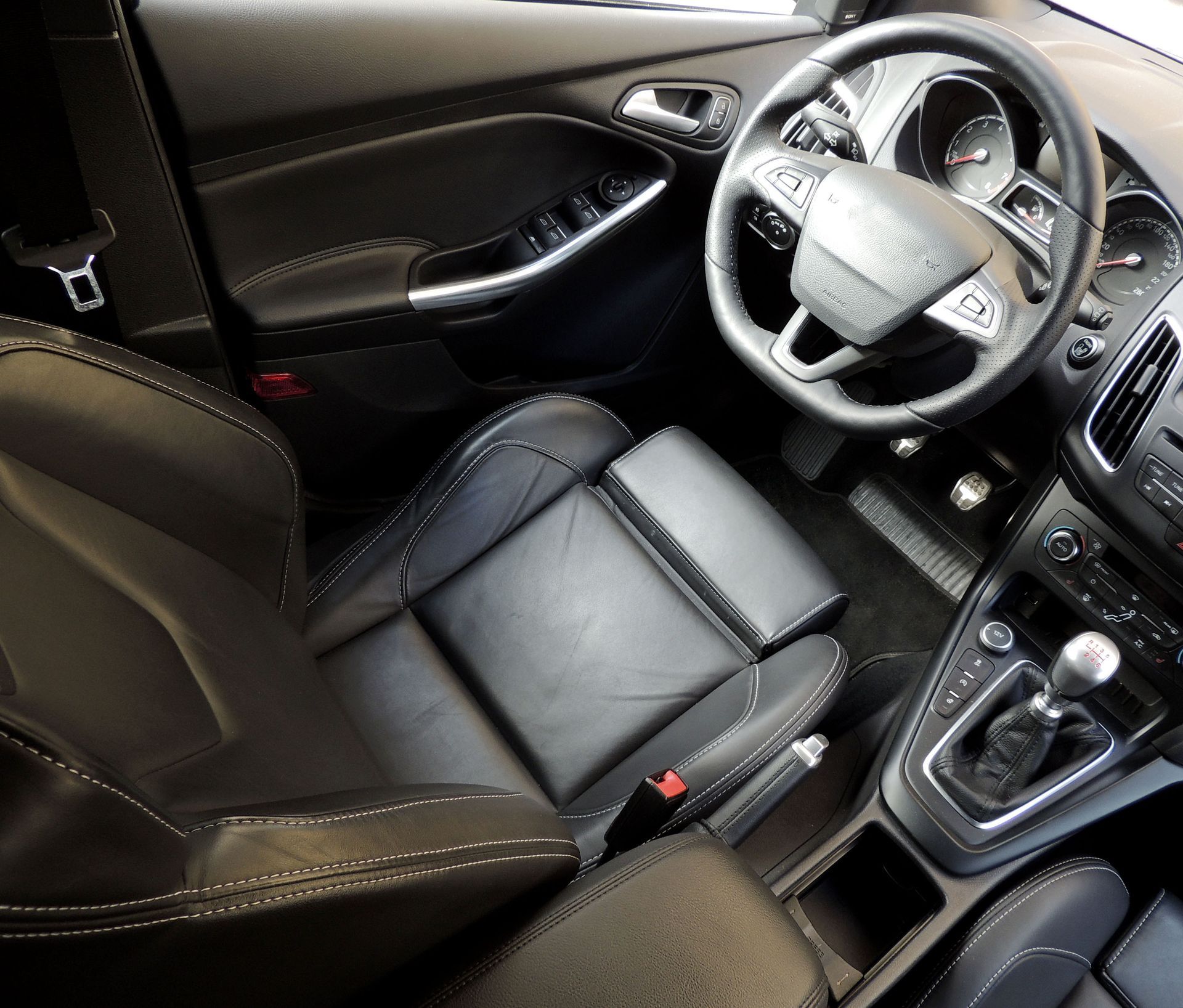
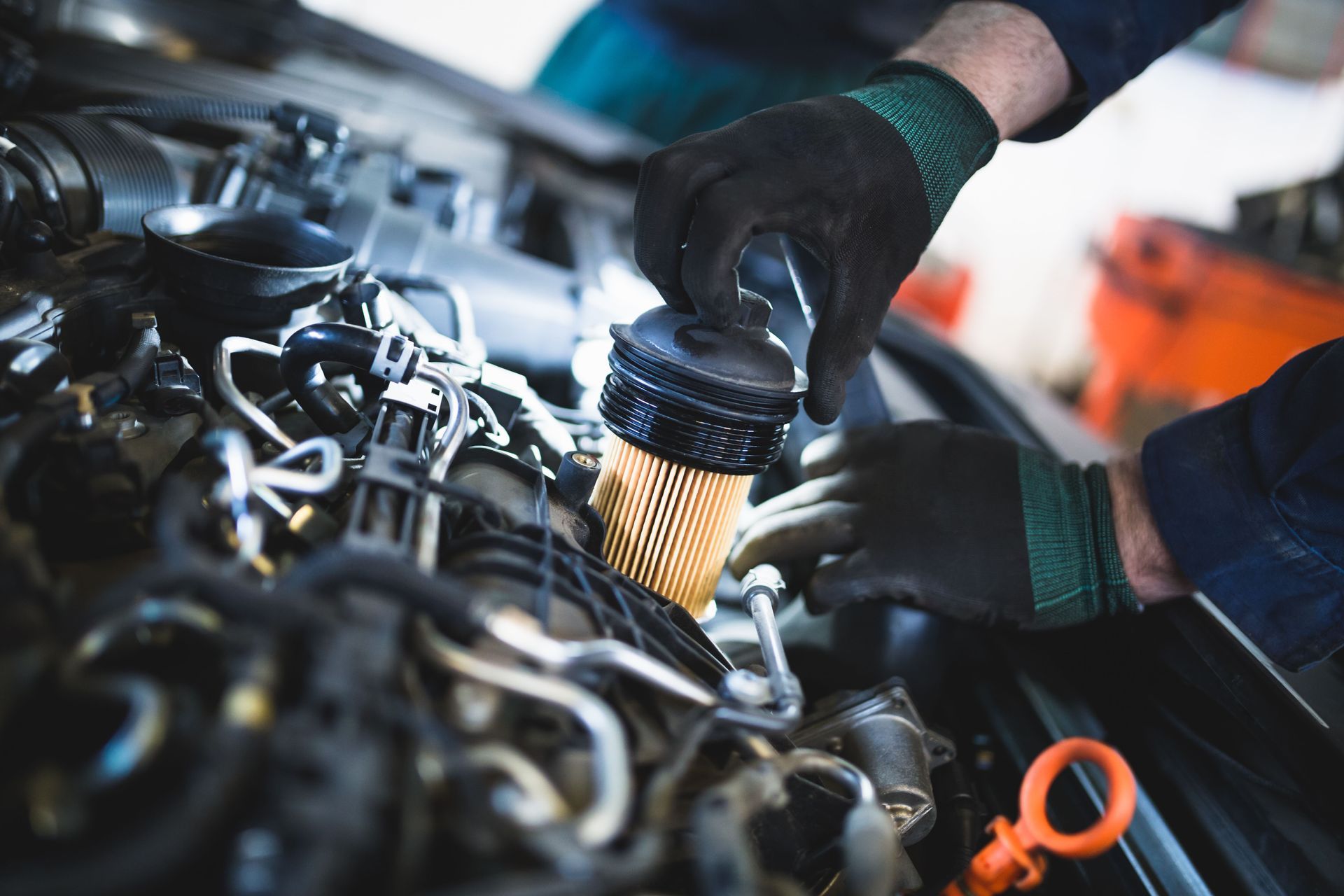
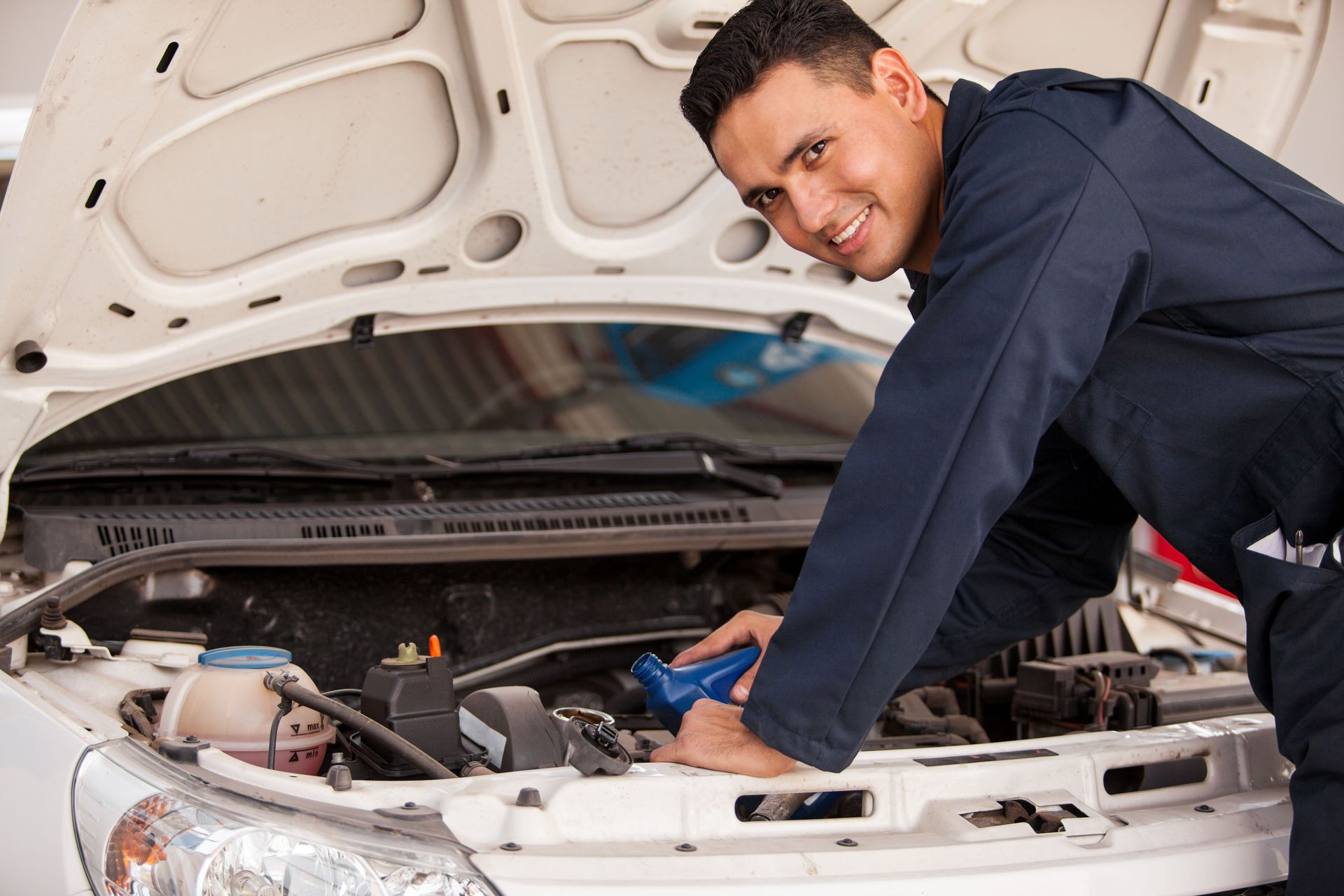
Share On: